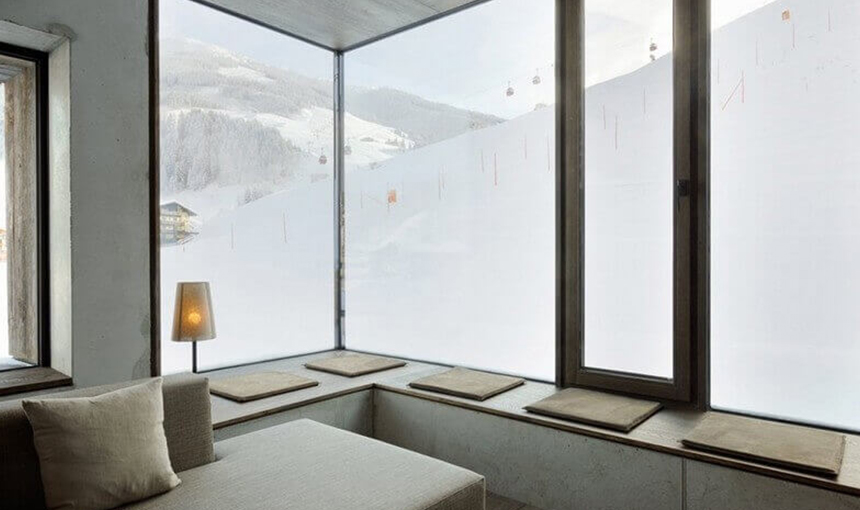What Factors Should You Consider While Buying Glass Windows?
Glass windows are essential to any modern home or office, providing natural light, ventilation, and security. However, not all windows are created equal, and choosing the right one can significantly affect energy efficiency, durability, and aesthetic appeal. Here are the factors you should consider before buying glass windows:
1. Window Type:
The type of window you select will depend on your needs, budget, and style of your home or office. Some common types of glass windows include casement windows, sliding windows, top hung windows and combination windows. Each of these types has its own set of advantages and disadvantages, so it's essential to consider which type will work best for your space.
2. Glass Type:
The type of glass you choose will also play an important role in your windows' performance. Some common glass types include single-pane, double-pane, and triple-pane glass. Single-pane glass is the most affordable but provides the least insulation, while triple-pane glass provides the best insulation but is expensive. Additionally, there are several other types of glass to consider, such as tempered glass, laminated glass, and low-emissivity glass. You can select the glass type from the AIS Windows website.
3. Energy Efficiency:
When choosing the window, you must consider energy efficiency, as it is an important factor. Energy-efficient windows can help reduce energy bills by keeping your home or office cool in the summer and warm in the winter. Look for windows with a high Energy Star rating, which shows that they follow all the energy efficiency guidelines.
4. Frame Material:
The material of the window frame can affect the energy efficiency, durability, and appearance of your windows. Some common materials include vinyl, aluminum, fiberglass, and wood. Vinyl frames are affordable and low-maintenance, while aluminum frames are durable but can conduct heat. Fiberglass frames are energy-efficient and low-maintenance but are more expensive than vinyl. Wood frames offer a classic look but require regular maintenance to prevent rotting or warping. AIS offers amazing frame materials and patterns.
5. Window Size and Style:
The size and style of your windows can affect your home's or office's natural light and ventilation. Larger windows can provide more natural light and a better view but may also be more expensive and difficult to install. Window style can also affect the appearance of your home or office. Some popular window styles include top hung, casement, bay, and combination window.
6. Security Features:
The security of your windows is also essential, especially if you live in an unsafe area or in an area where crimes are common. Look for windows with sturdy frames and locking mechanisms to prevent break-ins. Additionally, consider installing window sensors or security bars for added protection.
7. Maintenance and Cleaning:
Maintenance and cleaning requirements are also important to consider when choosing glass windows. Some types of glass, such as low-emissivity glass, require special cleaning solutions to prevent damage. Similarly, some types of frames, such as wood frames, require regular maintenance to prevent rotting or warping. Consider how much time and effort you will put into maintaining and cleaning your windows before deciding.
8. Price:
Finally, price is an important consideration when choosing glass windows. The cost of windows can vary significantly depending on factors such as size, style, and frame material. Set a budget for your windows and look for options that fit within your price range while also meeting your other requirements.
Summary:
When buying glass windows, it's important to consider factors such as window type, glass type, energy efficiency, frame material, window size and style, security features, maintenance and cleaning requirements, noise reduction, UV protection, and price. By considering these factors, you can choose windows that meet your needs and preferences while also providing the benefits of natural light, ventilation, and security for your home or office.



